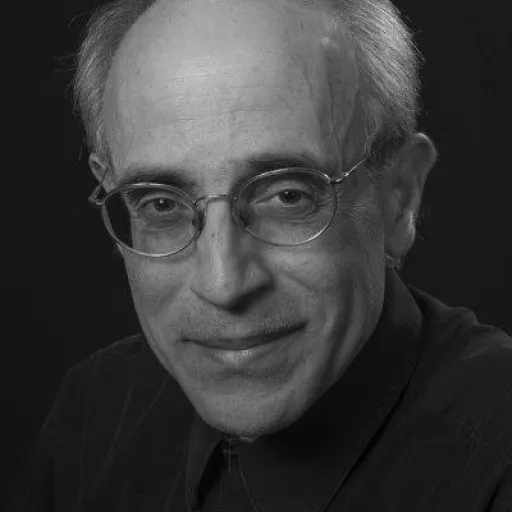Composition Theory

Ethnic Semiotics
“The peasant who knows how to write, and who needs to write, applies to one who knows that art, choosing as far as he can one of his own station, for with others he hesitates and mistrusts. He informs him, with more or less clarity and orderliness, of who his ancestors were, and in the same manners tells him what to set down on paper. The literate person understands part and guesses the rest, gives a few pieces of advice, suggests a few changes, and says, ‘Leave it to me!’ He picks up his pen, puts the other’s thoughts as well as he can into literary form, corrects them, improves them, embellishes them, tones them down, or even omits them, according to what he thinks best, because---and there’s nothing to be done about it---someone who knows better than others has no wish to be a mere tool in their hands, and when he is concerned with the business of others, he wants it to go a little his way. All the same, the above-mentioned literate does not always succeed in saying everything he wants to: sometimes he ends up saying something else entirely. This happens even to us, who write for publishers.”
--Alessandro Manzoni, The Betrothed
LOST IN TRANSLATION
“Traduttore, traditore,” warns one Italian proverb: every translator is a traitor. Like those professional letter writers, who plied their trade in Little Italies all over America at the turn of the last century, I find myself a dubious messenger between two worlds, struggling with the problems of audience and language. Raised in a largely oral ethnic culture, can I do it justice by writing about it in the words of the literate society that has marginalized it; that, in fact, has done everything in its power to eradicate it? To be an Italian-American writer is to embrace contradiction and to court betrayal. What kind of a double agent am I, and to whom do I owe allegiance? The very hyphen between the two words, Italian and American, symbolizes this dilemma. It functions both as a bridge and a plank, a checkpoint and a toll gate. As a composition teacher and scholar, I deliberately see-saw on that hyphen.
"Born into life, not into literature," says Anthony Burgess of Daniel Defoe. Of myself, I might say, "Born into deadlines, not into composition theory." That is, my understanding of and approach toward writing were formed in the public sphere long before I had the opportunity for private reflection in the academy. As I boy, I was compelled to write important legal and business correspondence for my immigrant parents. As a teen, I pursued a professional writing degree in Television and Radio at the Newhouse School of Public Communications. As a young man, I supported myself, and later subsidized my graduate education, by hacking as a radio and newspaper reporter, a political press agent, an advertising copywriter, and a technical and medical writer. Praxis always precedes theory, Marx states, but theory is necessary to understand praxis.
THEORETICAL INFLUENCES
My formal training in composition and rhetoric began in the English doctoral program at Syracuse University, where I learned composition theory and taught academic and professional writing classes. At Syracuse I was first exposed to the ideas that have most influenced my research and pedagogy: Mikhail Bakhtin's dialogical theory of language; Michel Foucault's analysis of institutions, discourse, and power; Roland Barthes' and Umberto Eco's semiotic social criticism; Fred Gardaphé and Anthony Tambutti’s ethnographic semiotics; above all, Carlo Ginzburg's radical historiography of writing and literacy. Ginzburg inspired me to investigate the role of writing and literacy in my own family history, and to the reread classics of Italian literature as part of a continuing and self-reflective epic of writing.
A major stream of Italian letters has been preoccupied with the act of writing itself: as an art, a technology, a trade, and an ethical and political dilemma. Consider Guido Cavalcanti's sonnet to his writing implements, Alessandro Manzoni’s The Betrothed, an epic of literacy and power that gave modern Italy its formal language; Carlo Collodi’s whimsical but disturbing Pinocchio, a children’s book about education and passing; Dino Buzzati and Italo Calvino’s metafictional allegories.
Despite my training, I remain the chronicler of a fading world, a notary public recording the deposition of ghost. My fiction and scholarship can be likened to an open coroner's inquest in which an entire community agonizes over the overwhelming evidence of its own demise and asks if it was murder, suicide, or accidental death. Naturally, such business is ghastly, relieved only by the sardonic humor of its participants. But culturecide does that, turns ordinary people into self-mocking skeletons. Each time I press my fingers to my keyboard, I hear the rattling of bones.
